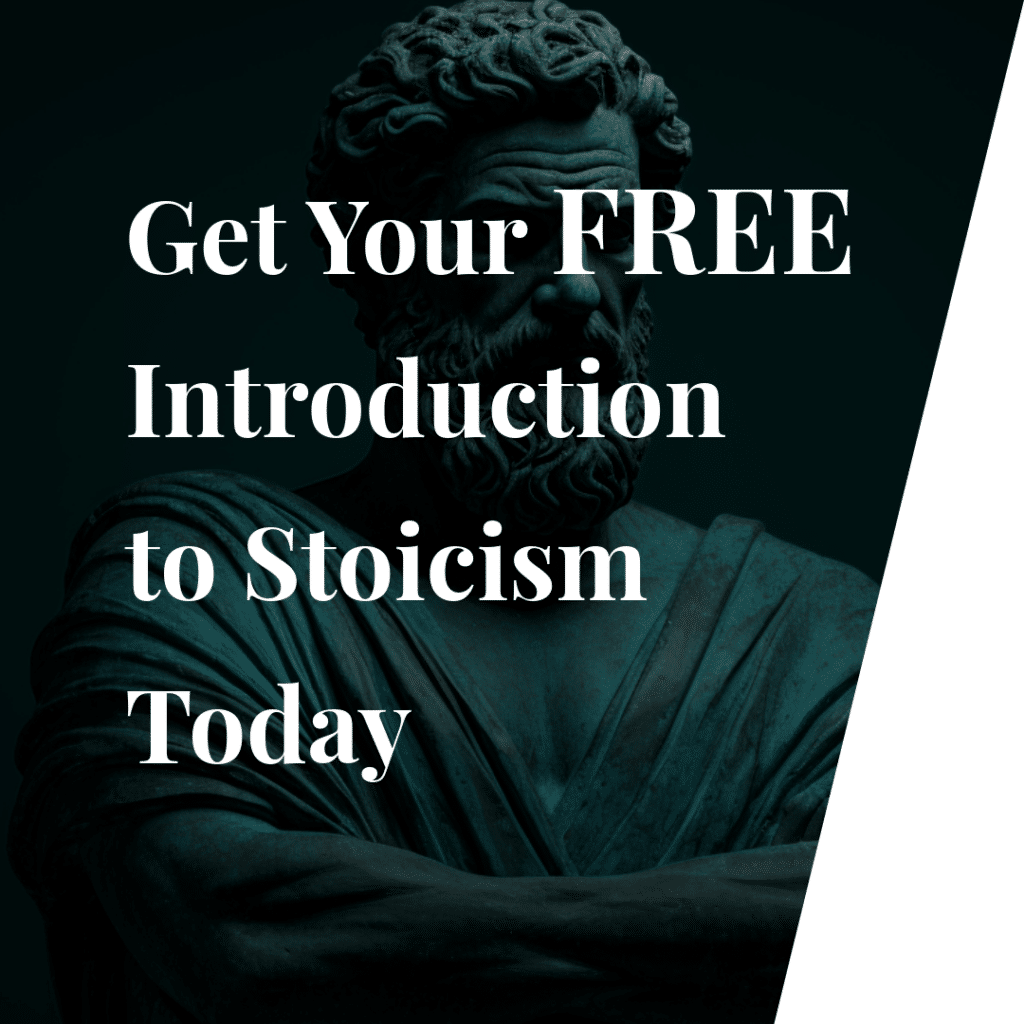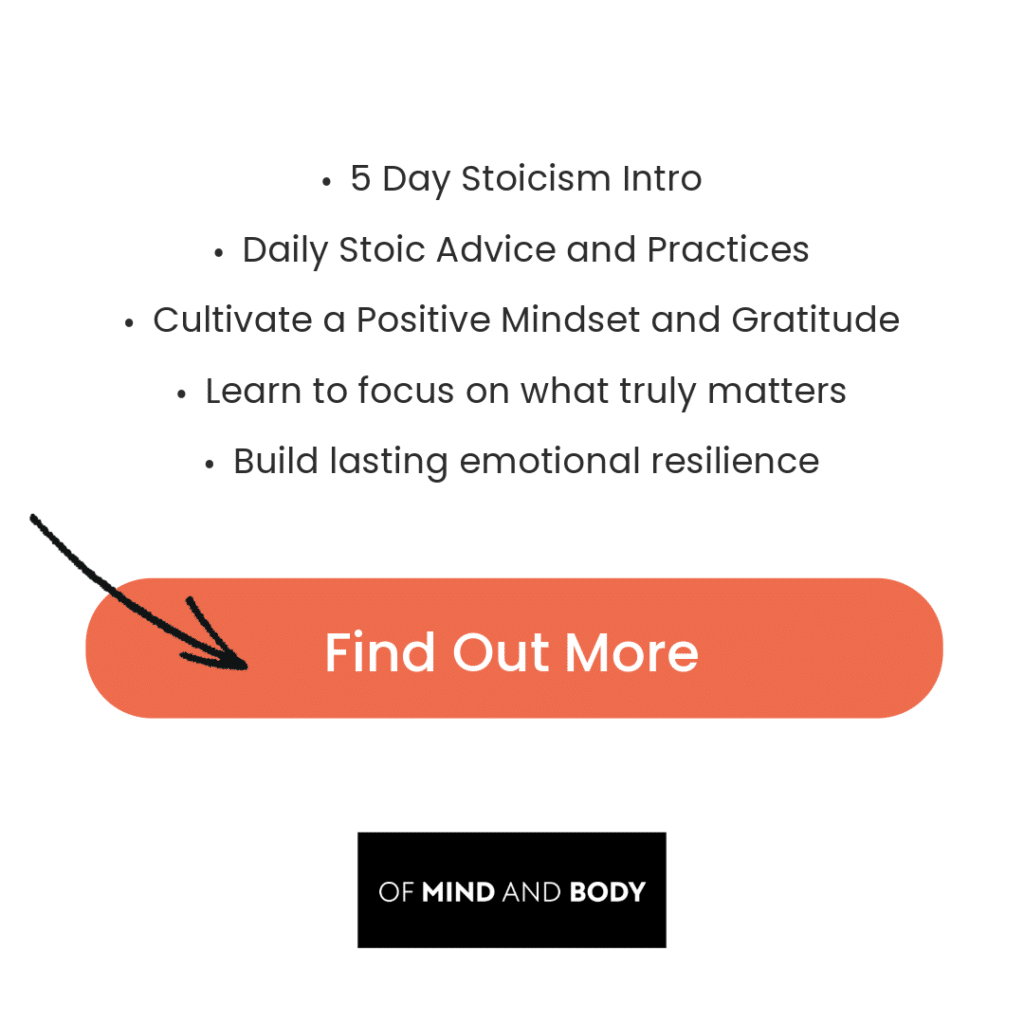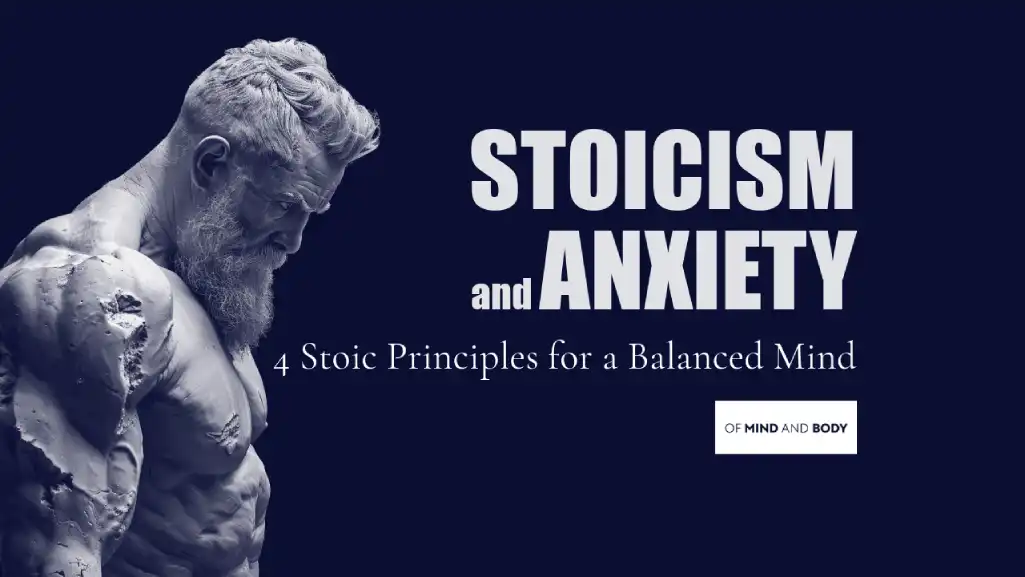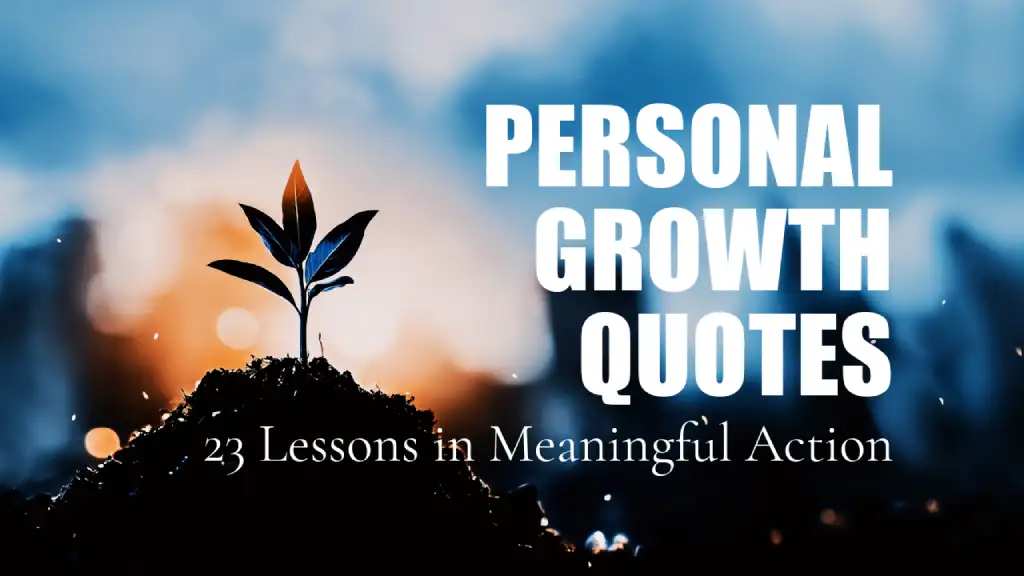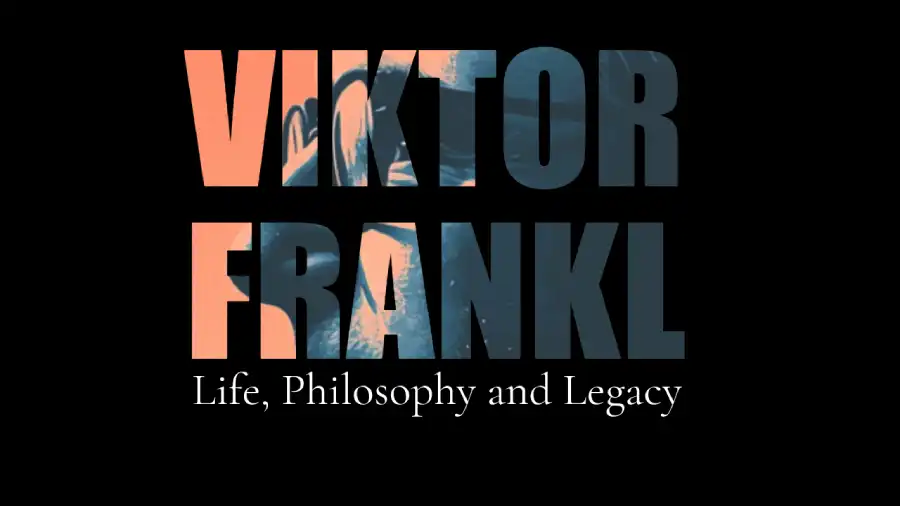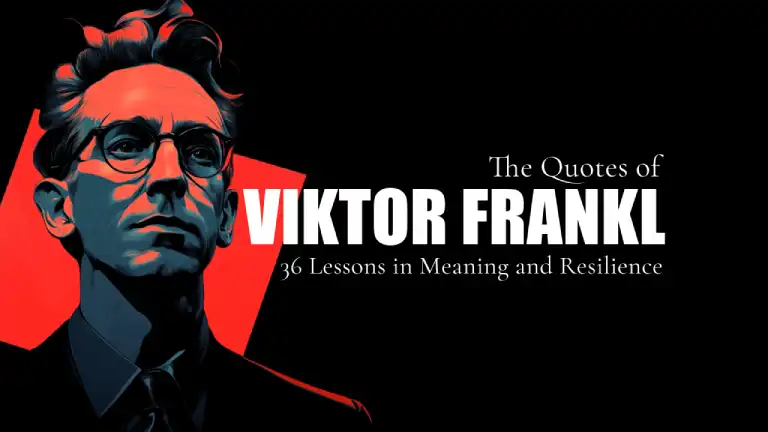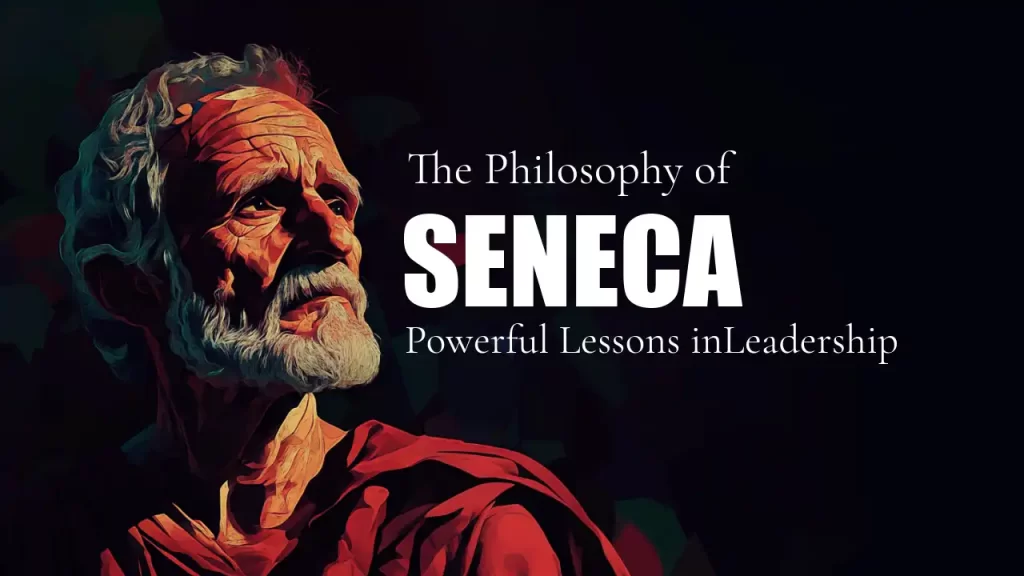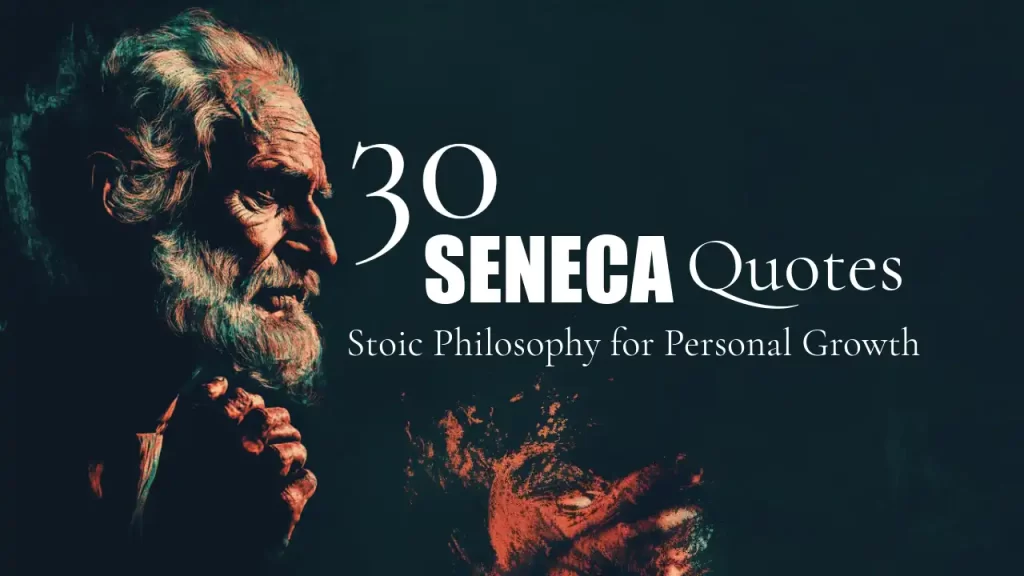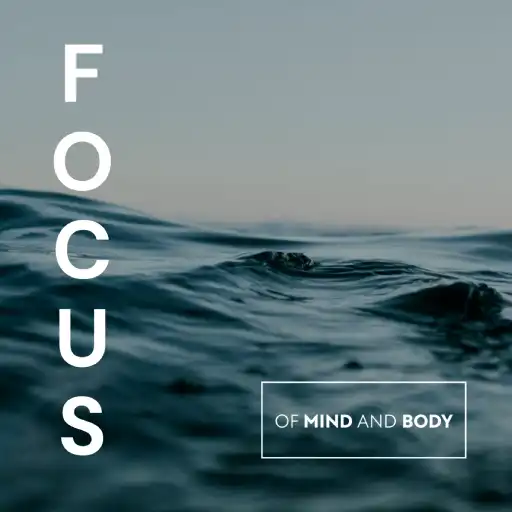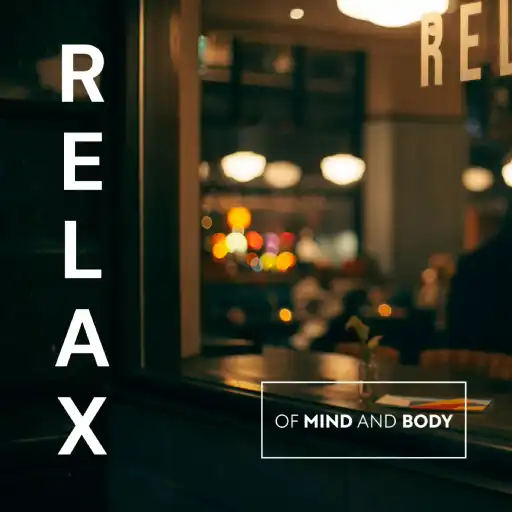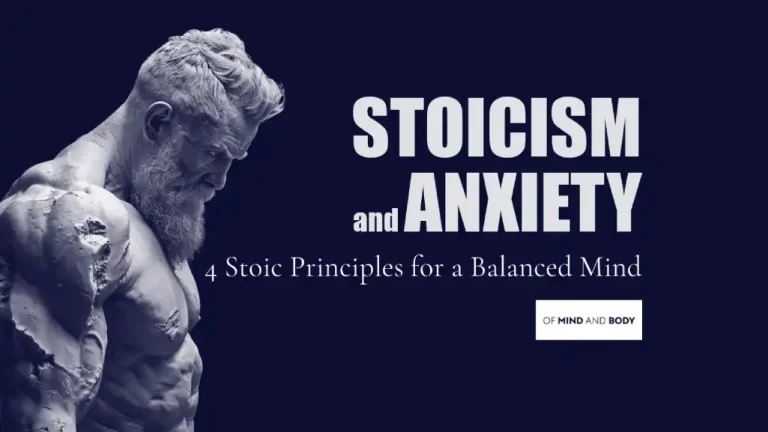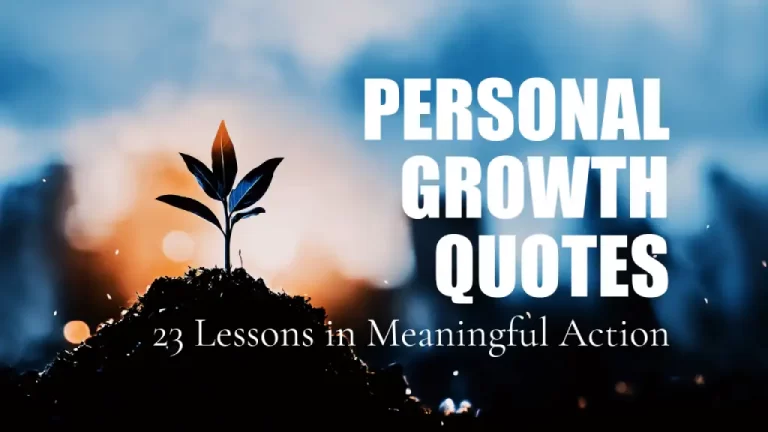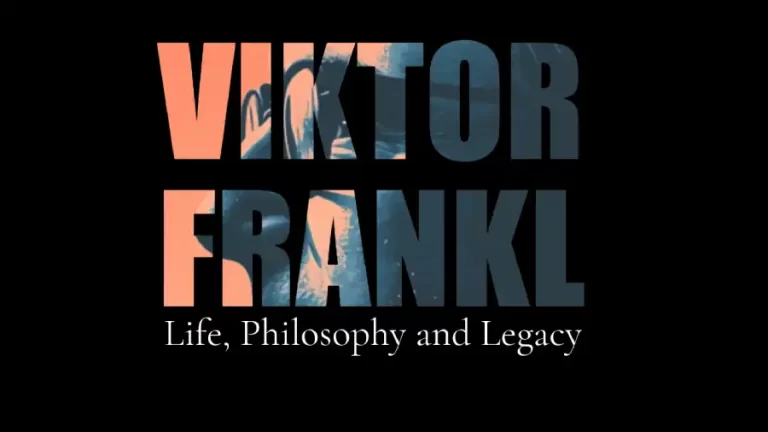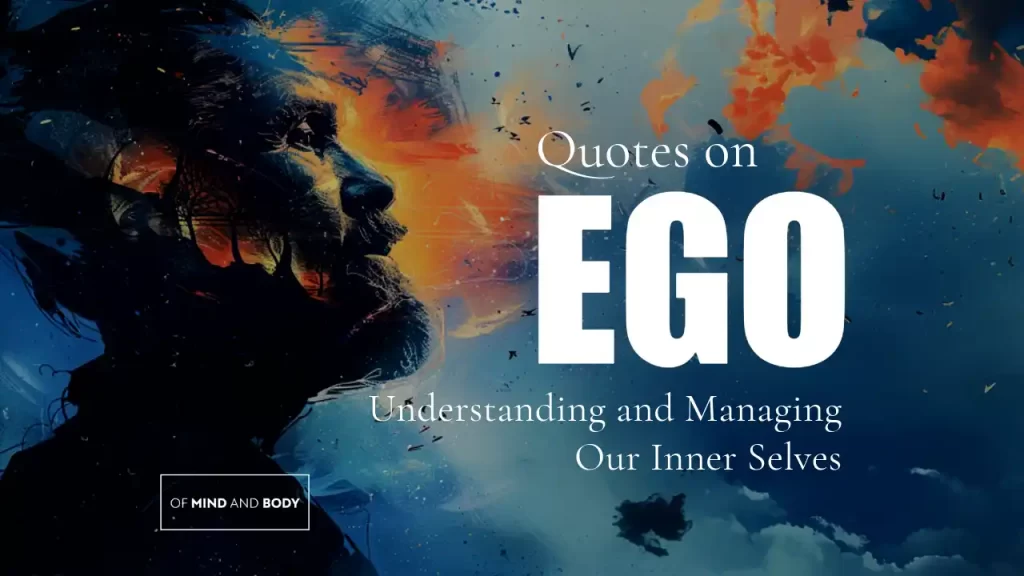
In our journey towards self-discovery and personal growth, the concept of ego plays a pivotal role. Quotes on ego from various philosophers and thinkers provide profound insights into how we can understand and manage this complex aspect of human nature. While the ego is essential for our sense of identity, it can also become a source of conflict and self-deception if left unchecked.
The ego defines us through a conglomeration of past beliefs, societal expectations, and personal narratives. It is an integral part of our personality, acting as the mediator between our inner desires and the external world. It helps us navigate social interactions and form a coherent sense of self.
However, when the ego becomes overinflated or defensive, it can lead to issues such as arrogance, insecurity, and interpersonal conflicts. Balancing the ego involves cultivating self-awareness, humility, and a genuine understanding of our place in the larger context of life.
10 Philosophical Quotes on Ego
“The first half of life is devoted to forming a healthy ego, the second half is going inward and letting go of it.”
Carl Jung
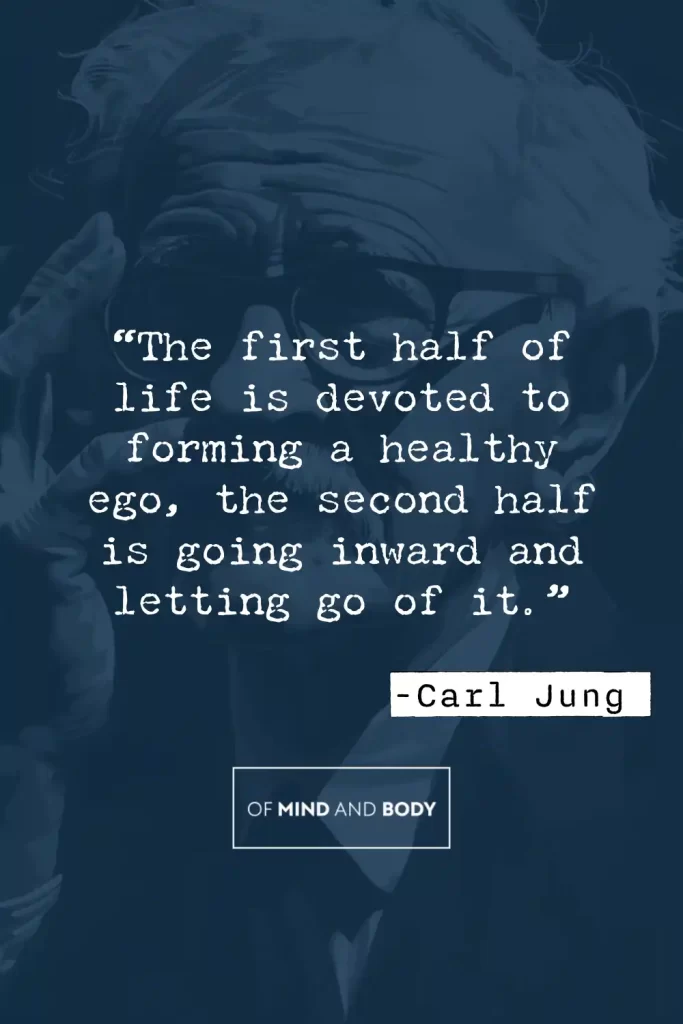
The Wisdom Behind the Words
Jung’s insight into the two halves of life underscores the balance between building a strong sense of self and later transcending it. In our youth, forming a healthy ego is essential for developing confidence and individuality. However, as we mature, the focus shifts to introspection and releasing the ego’s hold, promoting inner peace and spiritual growth.
“I have often wondered how it is that every man loves himself more than all the rest of men, but yet sets less value on his own opinion of himself than on the opinion of others.”
Marcus Aurelius
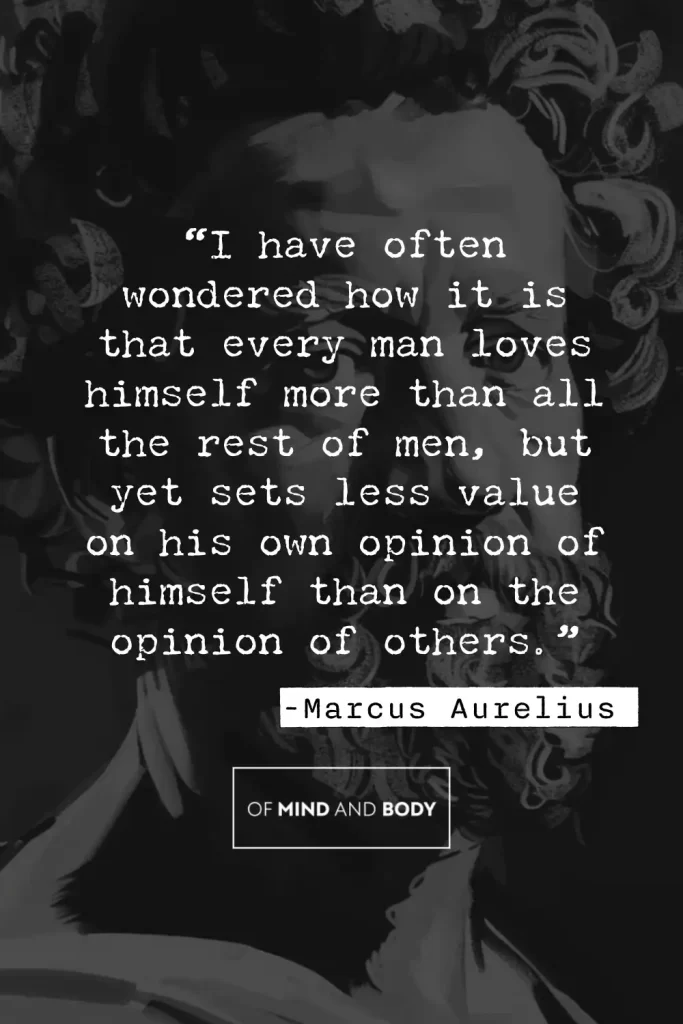
The Wisdom Behind the Words
Aurelius highlights the paradox of self-love and the undue weight given to others’ opinions. Despite our inherent self-regard, we often prioritise external validation over our self-assessment. This imbalance can lead to an inflated or wounded ego, driven more by others’ perceptions than by genuine self-understanding.
“Make your ego porous. Will is of little importance, complaining is nothing, fame is nothing. Openness, patience, receptivity, solitude is everything.”
Rainer Maria Rilke
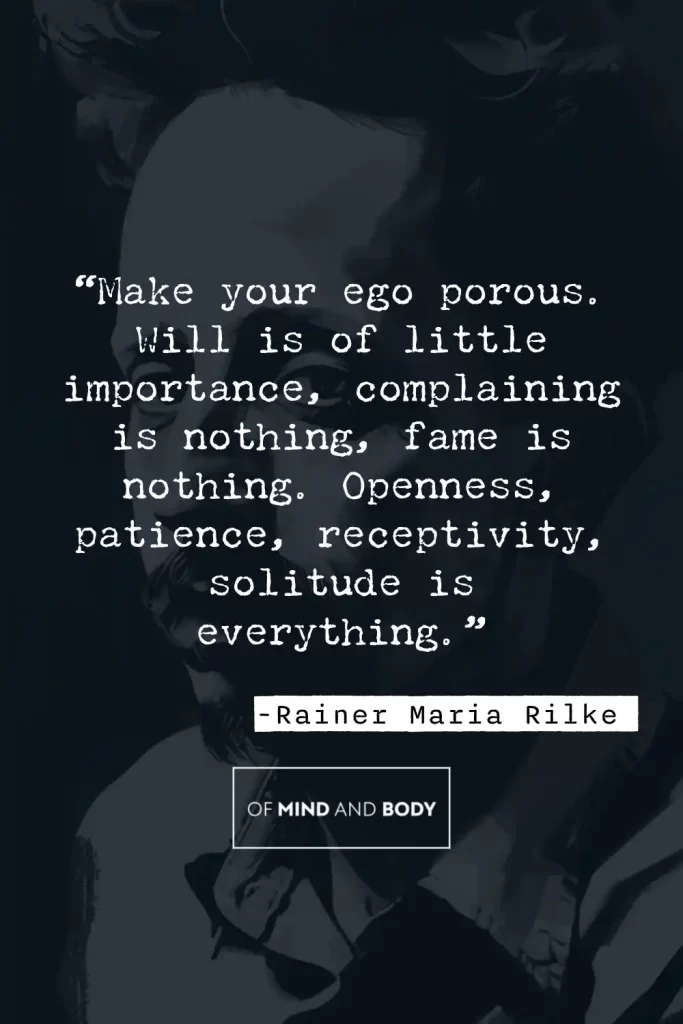
The Wisdom Behind the Words
Rilke advises softening the ego to embrace openness and receptivity. A porous ego allows experiences and learning to flow freely, unimpeded by rigid self-importance. By valuing patience and solitude, we cultivate an inner strength that transcends the superficial pursuits of willpower, fame, and complaint.
“The ego is not master in its own house.”
Sigmund Freud
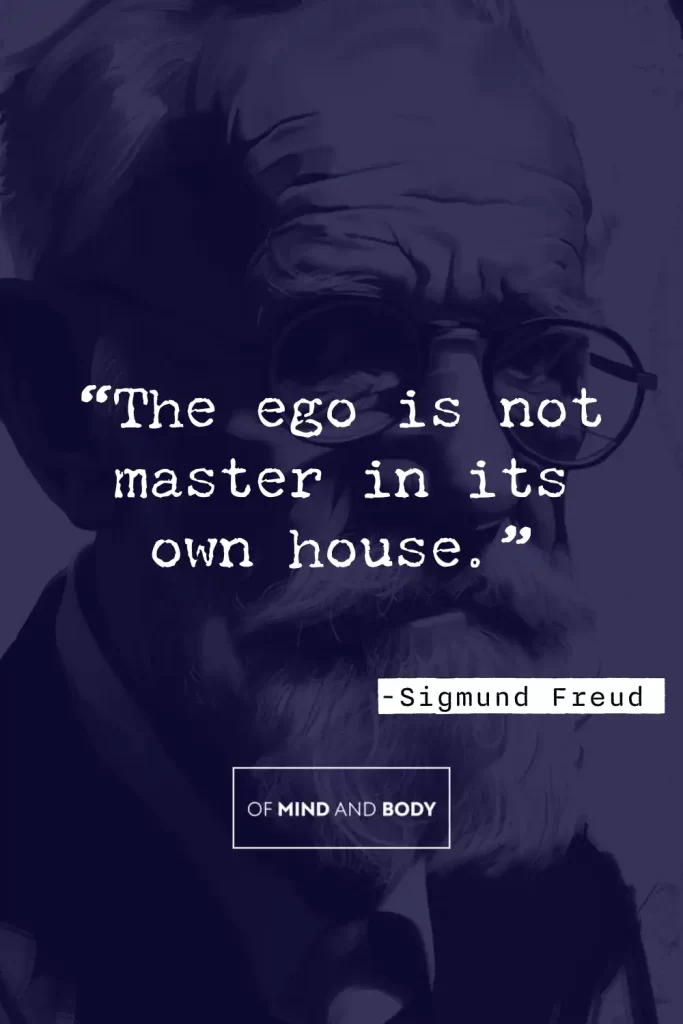
The Wisdom Behind the Words
Freud’s observation reveals the complexities of the human psyche. Our ego, though central to our identity, is influenced by unconscious forces beyond our control. Recognising this can help us understand our behaviours and reactions, leading to greater self-awareness.
“Through pride we are ever deceiving ourselves. But deep down below the surface of the average conscience a still, small voice says to us, ‘Something is out of tune.”
Carl Jung
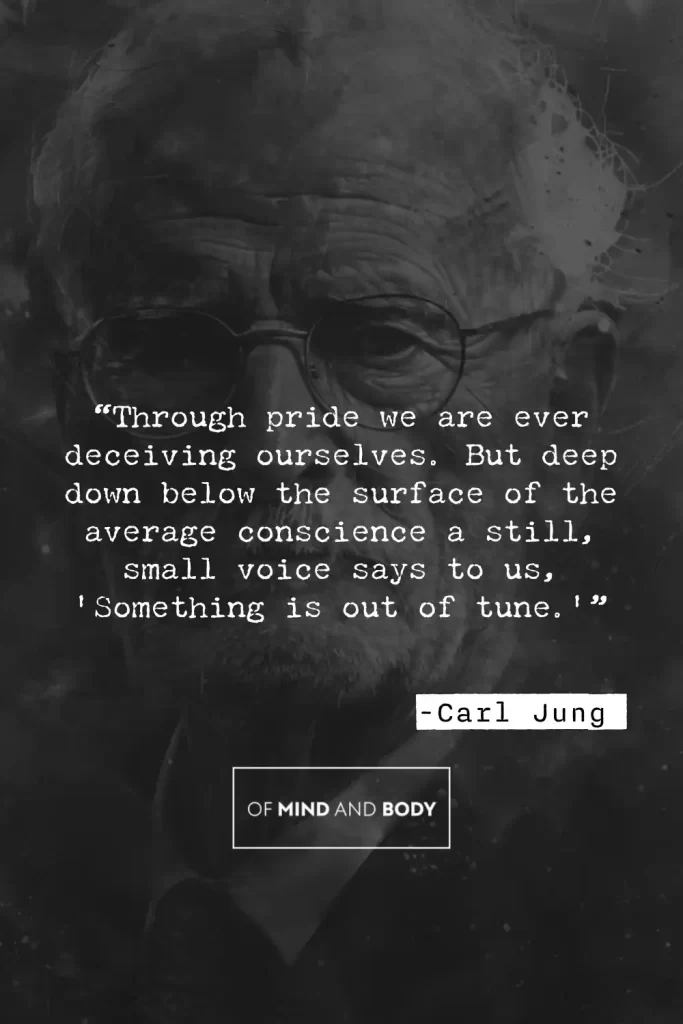
The Wisdom Behind the Words
Jung’s quote underscores the dangers of pride. It cautions against the self-deception that pride can bring, urging us to listen to our inner voice and remain true to our authentic selves. This awareness helps us stay grounded and aligned with our deeper values.
“Do not dwell in the past, do not dream of the future, concentrate the mind on the present moment.”
Buddha
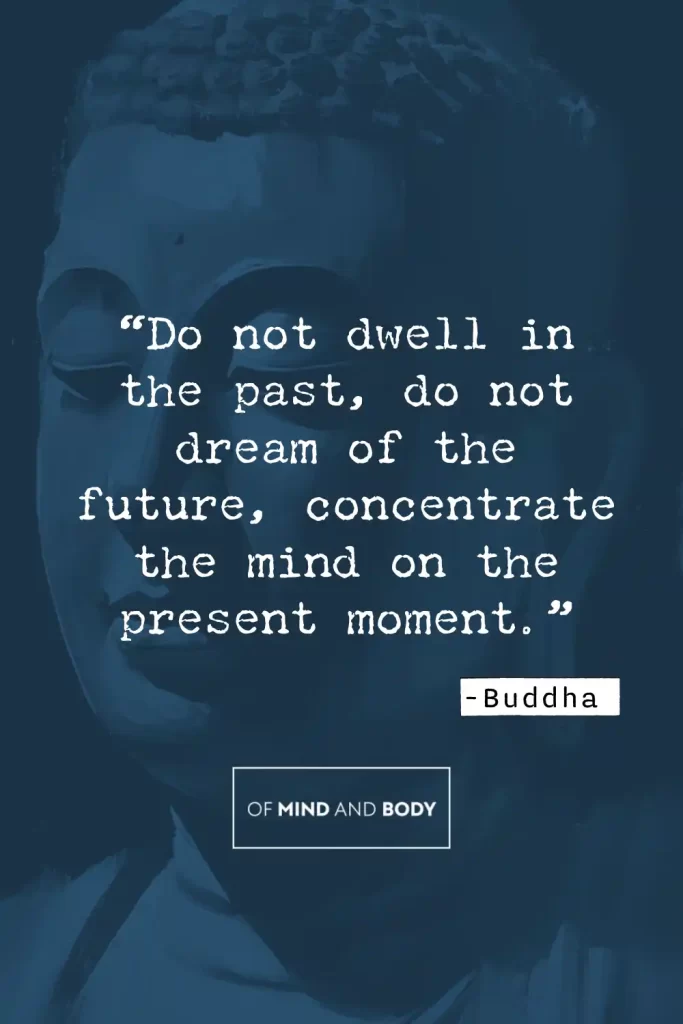
The Wisdom Behind the Words
Buddha’s teaching emphasises mindfulness and the importance of living in the present. By focusing on the here and now, we can mitigate the ego’s tendency to dwell on regrets or anxieties, fostering a more peaceful and centred existence. This practice nurtures a balanced and humble ego.
“To be yourself in a world that is constantly trying to make you something else is the greatest accomplishment.”
Ralph Waldo Emerson
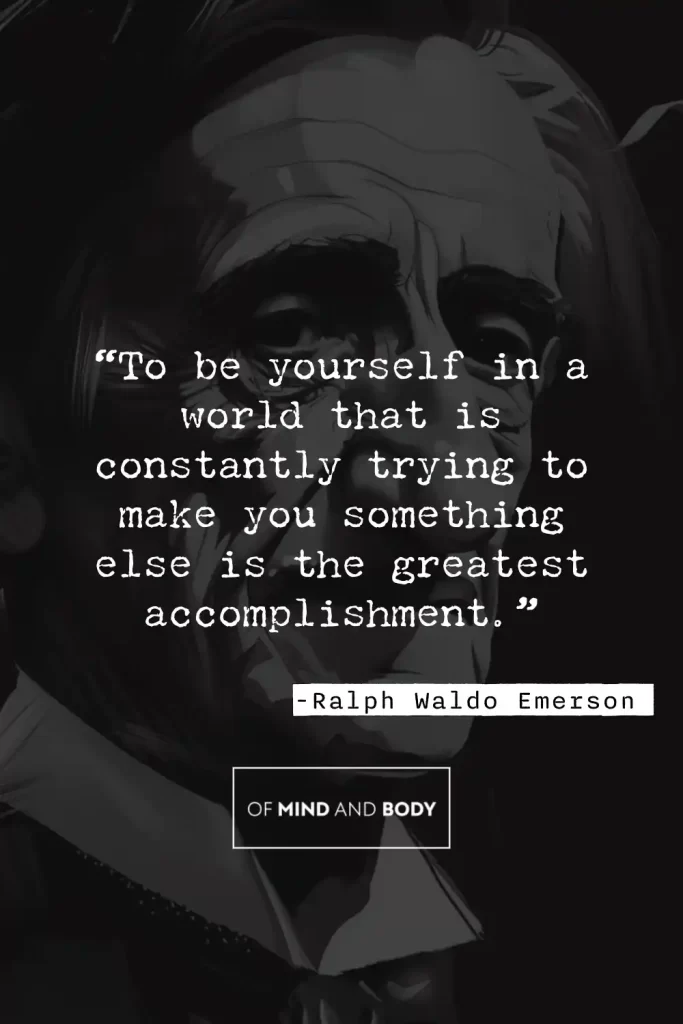
The Wisdom Behind the Words
Emerson champions individuality and authenticity. Staying true to oneself in the face of societal pressures is a significant achievement, promoting a healthy and balanced ego. This authenticity is key to personal fulfilment and integrity.
“The moment you become aware of the ego in you, it is strictly no longer the ego, but just an old, conditioned mind-pattern.”
Eckhart Tolle
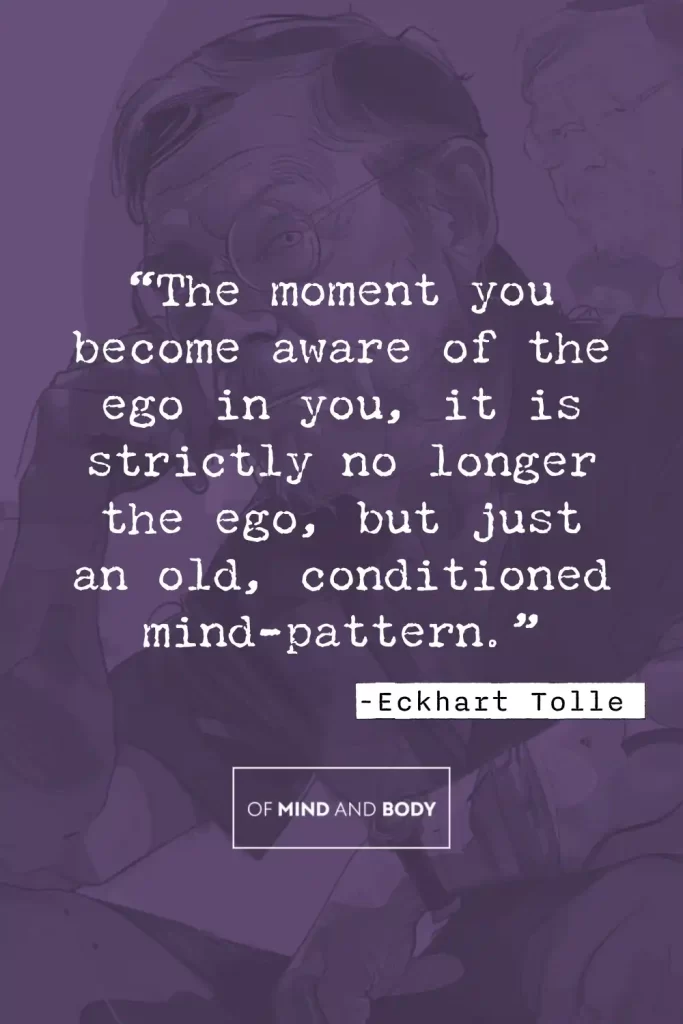
The Wisdom Behind the Words
Tolle’s insight into ego awareness suggests that recognising our ego is the first step towards transcending it. This awareness helps us detach from ego-driven behaviours and embrace a more enlightened state of being. By seeing the ego as a conditioned pattern, we can break free from its constraints.
“The first and best victory is to conquer self.”
Plato
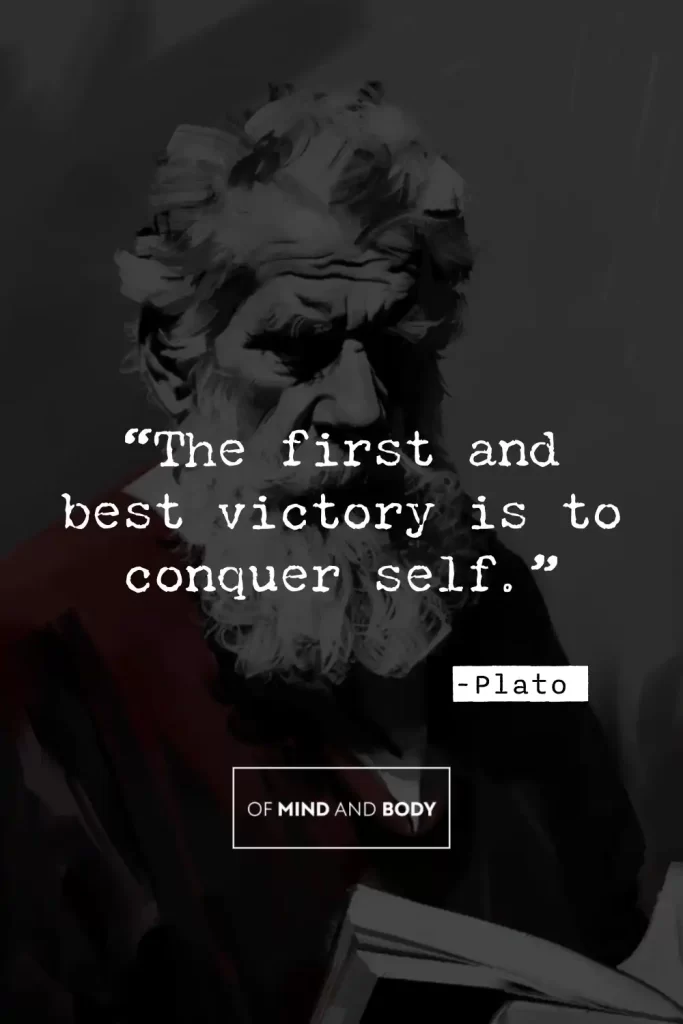
The Wisdom Behind the Words
Plato’s quote underscores the ultimate challenge of self-mastery. Conquering our own impulses and ego is the highest form of victory, leading to true personal freedom. This self-conquest is essential for achieving inner peace and harmony.
“Real knowledge is to know the extent of one’s ignorance.”
Confucius
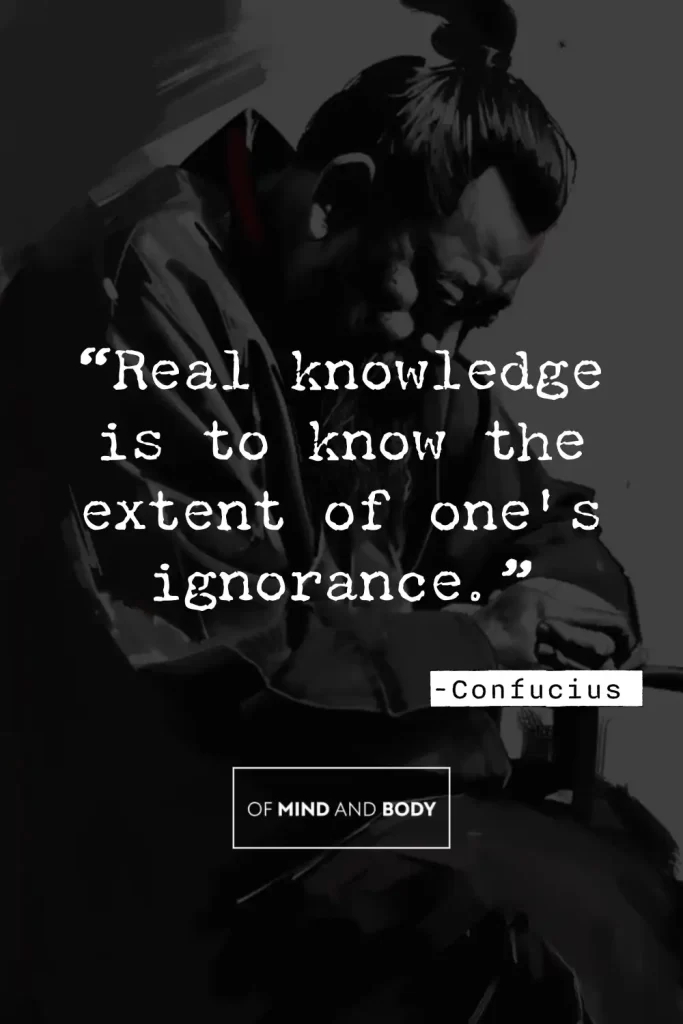
The Wisdom Behind the Words
Confucius advocates for humility in the pursuit of knowledge. Acknowledging our ignorance keeps the ego in check and fosters continuous learning and growth. This humility is crucial for personal and intellectual development.
Final Thoughts
By reflecting on these quotes on ego, we can cultivate a balanced and healthy ego. This process involves recognising our strengths and weaknesses, embracing our vulnerabilities, and striving for continuous self-improvement.
When we manage our ego effectively, we not only enhance our inner peace but also build more meaningful and harmonious relationships with others. We become better listeners, more empathetic friends, and more supportive colleagues.
Incorporating these philosophical quotes on ego into our daily lives can transform how we perceive ourselves and interact with the world. It encourages us to practice mindfulness, stay grounded, and approach life with a sense of gratitude and openness. By doing so, we pave the way for personal growth, deeper connections, and a more profound sense of well-being.

